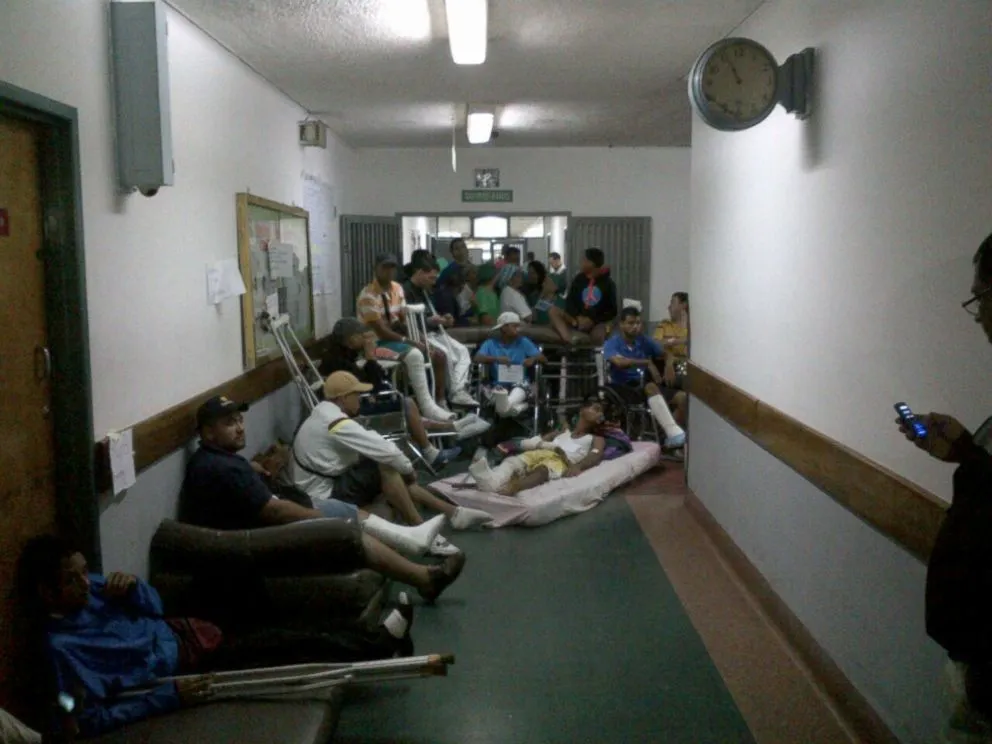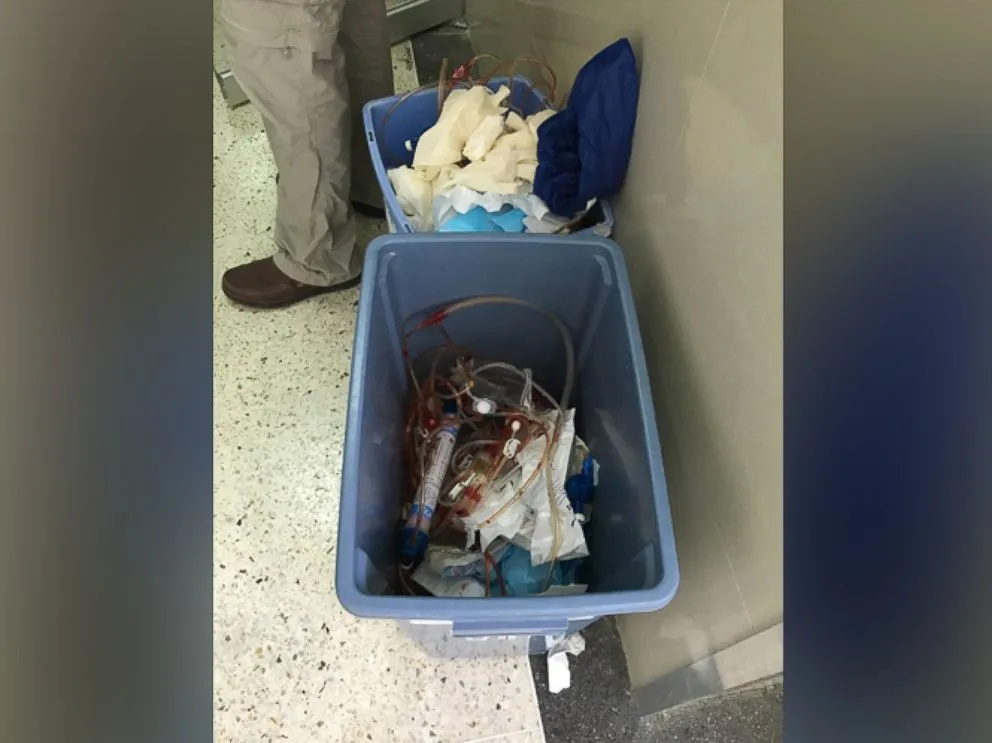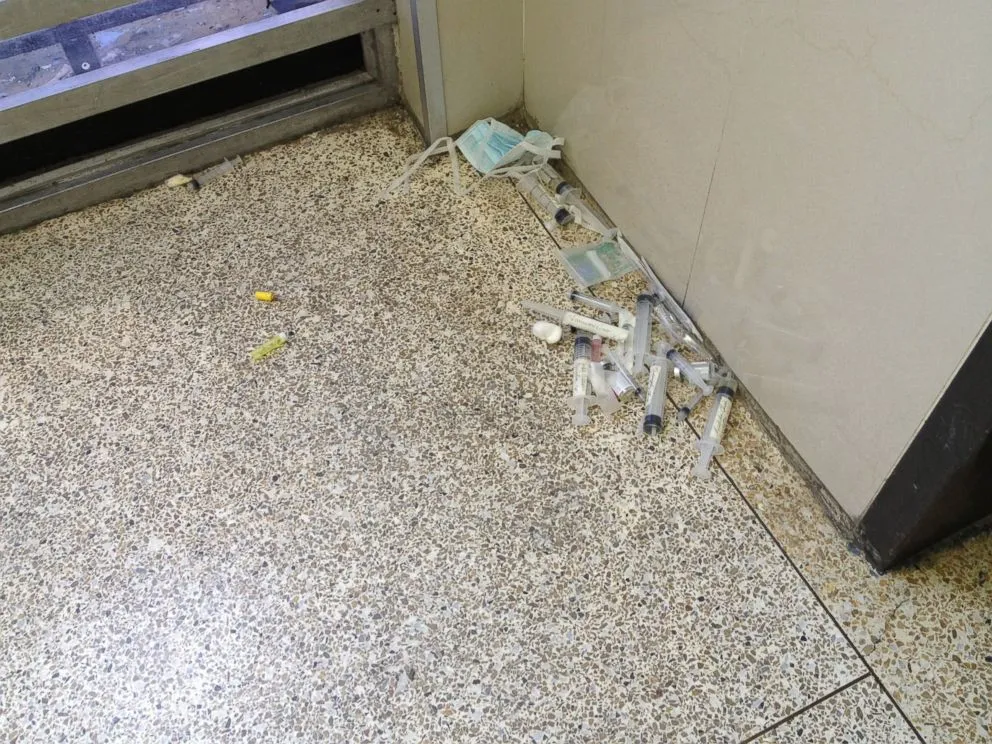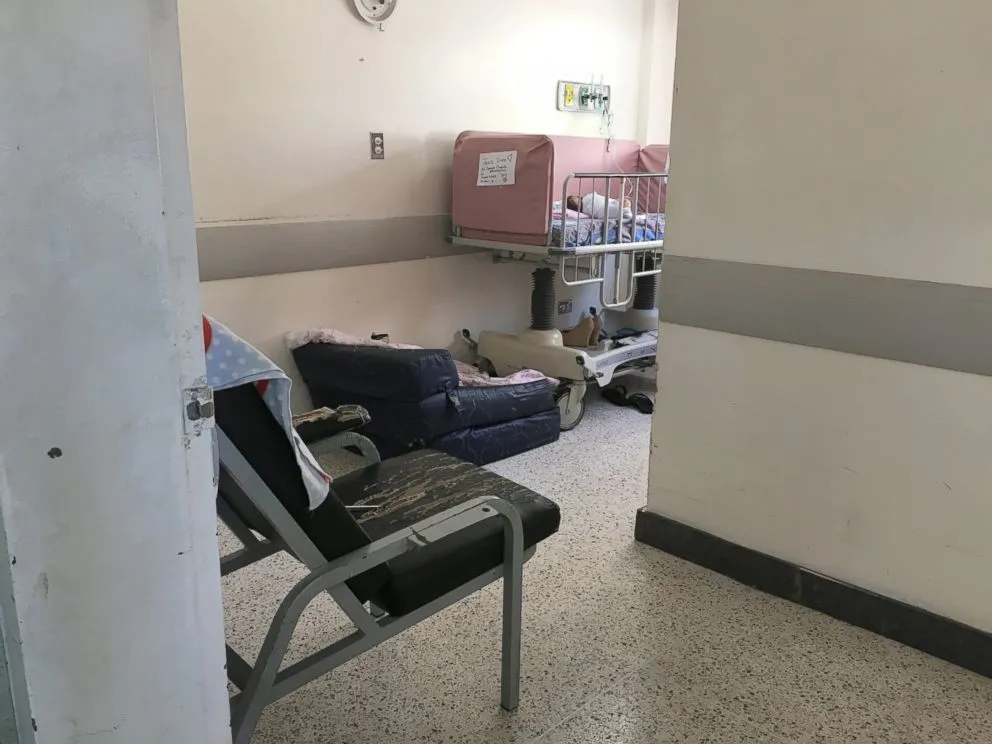
The economic crisis in Venezuela has sparked a public health emergency that has claimed the lives of countless Venezuelans and deprived others of treatment and care. Lawmakers estimate that the country is lacking about 95 percent of resources to treat a variety of conditions.

The serious health crisis being experienced by Venezuela affects fundamental rights such as the right to life, the right to health, the right not dying from pregnancy and childbirth, the right to information on family planning, the right to access to methods of fertility regulation, the right to reproductive autonomy and the right not dying from HIV / AIDS causes, to which the Venezuelan State is obliged to act under the regulatory frameworks national and international in the field of women's rights.

The shortage of contraceptives and condoms affects the right to reproductive autonomy (enshrined in Article 76 of the Constitution) under which women can decide freely and responsibly how many children to have and when or daughters. The shortage of condoms, meanwhile, including the shortage of female condoms, involves a risk for women and the general population of sexually transmitted infections, including HIV / AIDS.

Article 76 of the Constitution of the Bolivarian Republic of Venezuela also provides that the State must guarantee assistance and comprehensive maternity protection, which in practice is not happening because of the severe shortage of medical supplies and basic medicines such as vitamins for pregnant women and the collapse of health infrastructure. There are reports that women should go up to five health facilities before being received to give birth. Maternal mortality figures remain high and increase since 2013, when it stood at 406 for that year. 2014 closed with a figure 432 maternal deaths per 100,000 live births reported.
subscribe to the campaign #UpvoteForVenezuela
